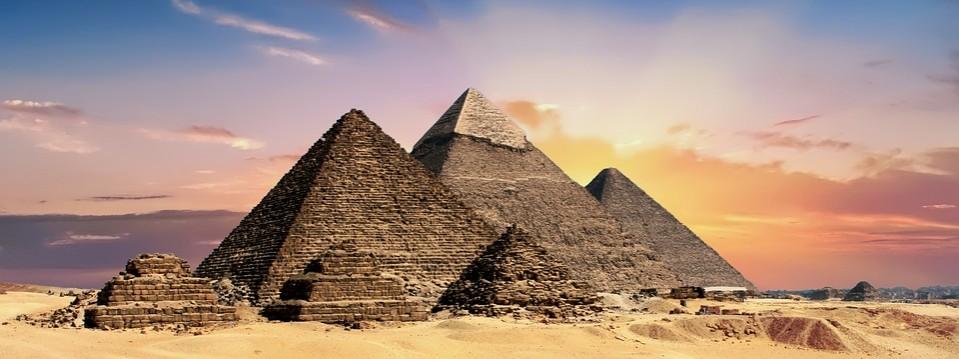Egyptian archaeologists have for the first time opened the "cursed tombs" belonging to workers who built the Great Pyramid of Giza.The tombs were discovered in 1990, but closed for public viewing.
The Press Office of the Ministry of Antiquities of Egypt shared the information on Instagram and even posted the photo of the graves. "Opening the workers' cemetery site at Giza Plateau to visit," the post read.
The place is located in the "tribal mountain" area near the Pyramid of Giza and contains graves of thousands of workers and three important people – the royal palace supervisor, the workers' supervisor, and a man of significance buried with the workers, according to Newsweek.
The tomb of the royal palace supervisor, Nefer Theth, was found to be well preserved with two fake doors and inscriptions on the walls.
Apart from the three important tombs, two other tombs in the same place were discovered and will be opened for public as well, said Ashraf Mohi, director general of the effects of the Pyramids of Giza.
One of the tombs is of Egyptian Prince Khufu Khaf, son of King Khufu, who ruled between 2589 BC and 2566 BC. The second tomb is of Seshem Nefer 4, which dates to Dynasty 6 of the Old Kingdom.
The archaeologists believe the supervisor who looked after the workers filled the grave with curses to protect the dead from thieves.

Archaeologist Zahi Hawass, in his book Valley of the Golden Mummies, said the tombs of the workers included the warning for the people.
"All people who enter this tomb who will make evil against this tomb and destroy it may the crocodile be against them in water, and snakes against them on land. May the hippopotamus be against them in water, the scorpion against them on land," the warning read, according to Hawass.
These tombs date to Egypt's 4th Dynasty (2575-2467 BC) and evidence indicates that there were more than 10,000 workers who built the great pyramids.
"These tombs were built beside the king's pyramid, which indicates that these people were not by any means slaves. If they were slaves, they would not have been able to build their tombs beside their king's," Hawass said in the statement in 2010.














